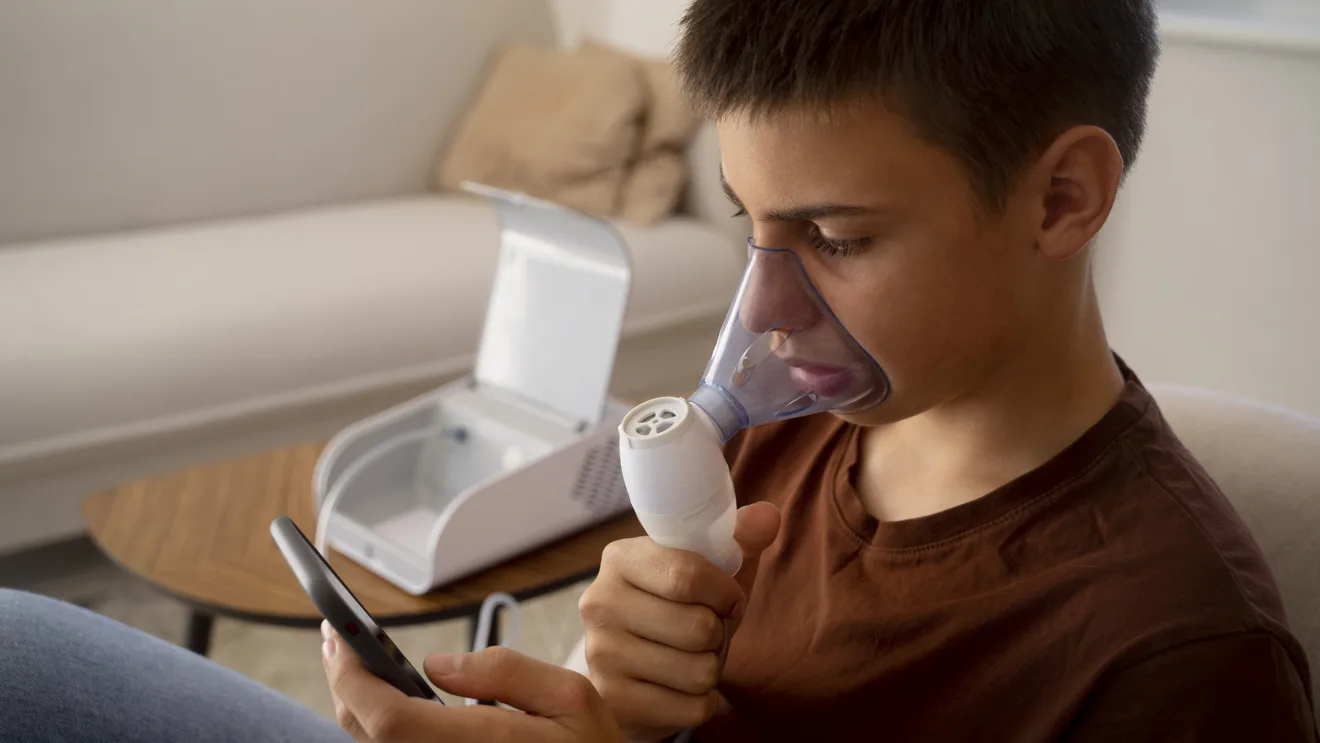
On World Allergy Day, celebrated on July 8, doctors are highlighting the importance of educating the population about allergic respiratory diseases, which are more severe during the winter.
Data from the World Health Organization (WHO) indicate that 35% of the population suffers from diseases that affect the body's defense system. Among the most common diseases among Brazilians are rhinitis and asthma.
During this period, people are more susceptible to infections that aggravate respiratory allergies, explains allergist Christina Weber. Furthermore, external factors such as environment and diet also contribute to the emergence of new diseases.
“To prevent allergic respiratory diseases, it is important to control environmental factors, such as reducing house dust, controlling mold, and reducing exposure to irritants, such as cigarette smoke. We know that allergies have increased in recent decades as a result of industrialization and thus environmental changes.
The doctor also explains that the characteristic symptoms of allergic rhinitis can be observed with frequent runny nose, sneezing, itchy nose and nasal congestion. Asthma symptoms include persistent dry cough, wheezing, shortness of breath and chest tightness.
People with allergies may experience persistent symptoms, requiring ongoing or intermittent treatments, which occur in separate attacks. In addition to medications, they can be treated with allergen-specific immunotherapy, which stimulates the development of tolerance and improves symptoms in the long term.
The diagnosis should be made through clinical consultations as well as through laboratory tests. The doctor explains that allergies are more common in individuals with a genetic predisposition, especially in childhood and adolescence. Throughout life, even in adulthood, people can develop allergies through exposure to risk factors.
Care to take at home
ASBAI (Brazilian Society of Allergy and Immunology) recommends taking some basic precautions at home, in order to prevent the worsening of allergy symptoms and conditions. Check them out below:
- Choose foam or fiber pillows, and whenever possible, use dust mite-resistant covers.
- Bed linen and blankets should be changed and washed regularly. Drying should be done in the sun or hot air.
- Avoid carpets, rugs, curtains and pillows.
- Stuffed animals and bookshelves should be avoided, especially in the bedroom.
- Do not use brooms or dusters. Vacuum cleaners are preferred.
- Wipe the house with a damp cloth daily.

“Friendly zombie guru. Avid pop culture scholar. Freelance travel geek. Wannabe troublemaker. Coffee specialist.”






